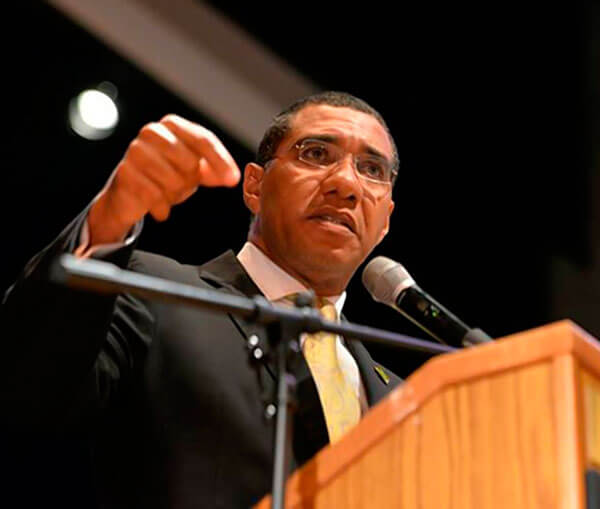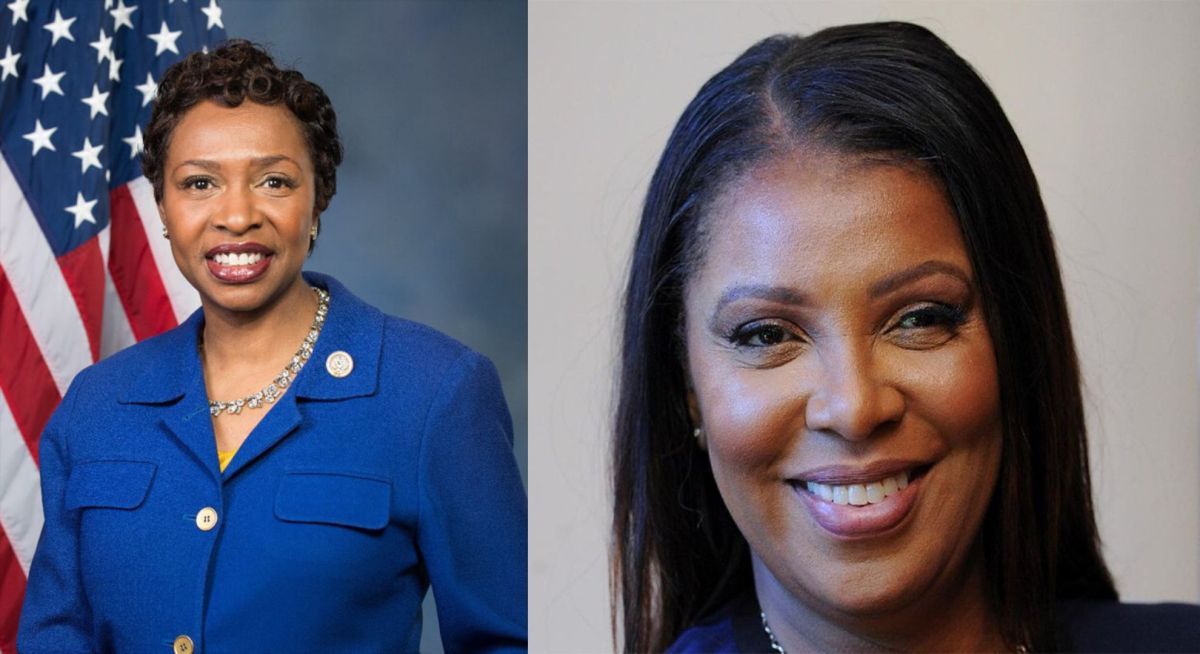Since the general election took place in Jamaica in February, 2016, Andrew Holness has not officially visited New York City in his capacity as prime minister of Jamaica, to address the Diaspora. Last Thursday evening, before the prime minister took stage to participate in the 71st United Nations General Assembly in the City, he attended a town hall meeting, at the Jamaica Performing Arts Center in Queens. Holness met with a largely exuberant crowd of supporters and concerned Jamaicans who spoke on adamant issues that are of major concern to them as Jamaicans abroad.
Founder and President of Team Jamaica Bickle, Irwin Clare welcomed Prime Minister Holness and his team. All protocols were observed and without much hesitation from the prime minister in his opening remarks, he reached out to the anxious but fairly calm audience, stating that the task ahead was for the new generation of Jamaican leaders to help move Jamaica forward for growth so that the nation could accomplish more.
The prime minister stated strongly that Jamaica can be transformed from a developing country to a developed country because the nation has made great strides, but faces the challenges however to sustain these strides. “We can’t ask people to write our history, independence means that we take responsibilities. We have more than enough human capital to do what we must,” Holness stated. The prime minister further reasoned that Jamaica is now managing its fiscal responsibilities better for the first time in 20 years and said for this, Jamaica will continue to work with the International Monetary Fund (IMF). The economic deficit has slowed down the growth of Jamaica’s economy. He alluded to the 60 percent debt that the country owes. “The debt has been the biggest obstacle to the development of the country,” Holness added
Holness noted also that he has to find creative and innovative ways to address the fundamental issue such as crime, “we have to make sure that Jamaica is a place of choice to raise your family, do business and retire.” In continuing his argument on crime, Holness said the government has to act in a decisive way and has aligned itself with the United States to help develop plans to eliminate crime.
The prime minister made reference also for the need for an alignment with the economic and the educational systems in Jamaica, enabling students to have a better grasp in their preparedness for the type of skills needed for the market place. When it comes to bureaucracy, the prime minister called for new measures of operation. “How do we get the public sector to support the private sector? …when business that should take two days to be done takes 20,” he added.
He spoke directly to the hundreds of zealous Jamaicans on other matters. The audience questioned him on pertinent issues of concerns to them such as deportation, trade, education, health and crime. Several persons with various professional backgrounds and with Jamaican heritage attending the event also offered their ideas to collaborate with the government in cohesive and innovative ways with programs to help pursue the reform the Jamaica prime minister so adamantly spoke about. One such was a 20-year research package offered to the prime minister by retired Jamaica Defence Force Colonel, Bruce Barclay, who had travelled to Canada, England and Jamaica to compile materials on ways to help fight crime in Jamaica.
Holness also used the opportunity at the town hall meeting to encourage Jamaicans in the Diaspora to participate in the current online petition for the exoneration of the late Jamaican hero, Marcus Mosiah Garvey, by the United State government for mail fraud charges brought against him in the United States in 1923.

























